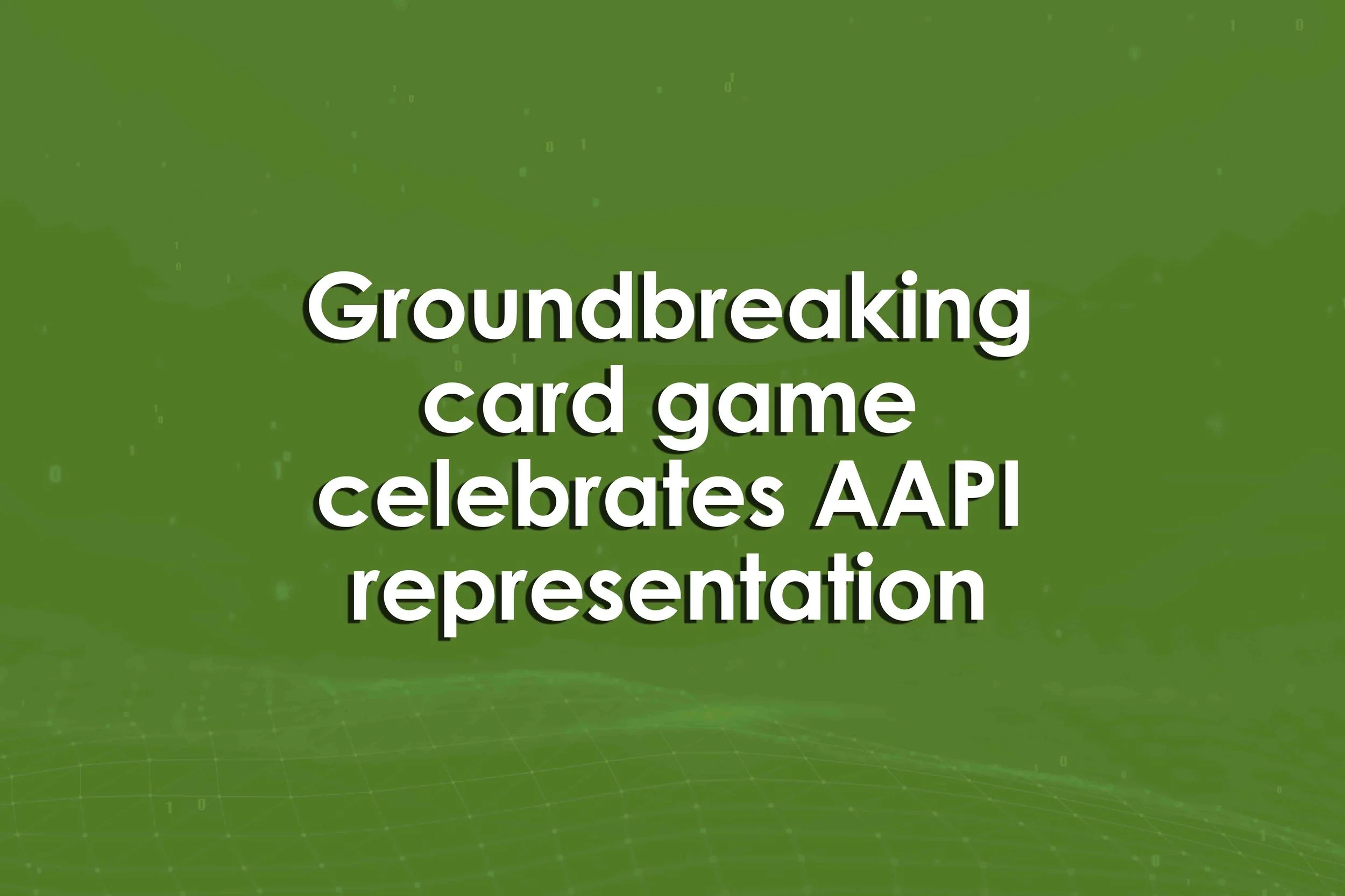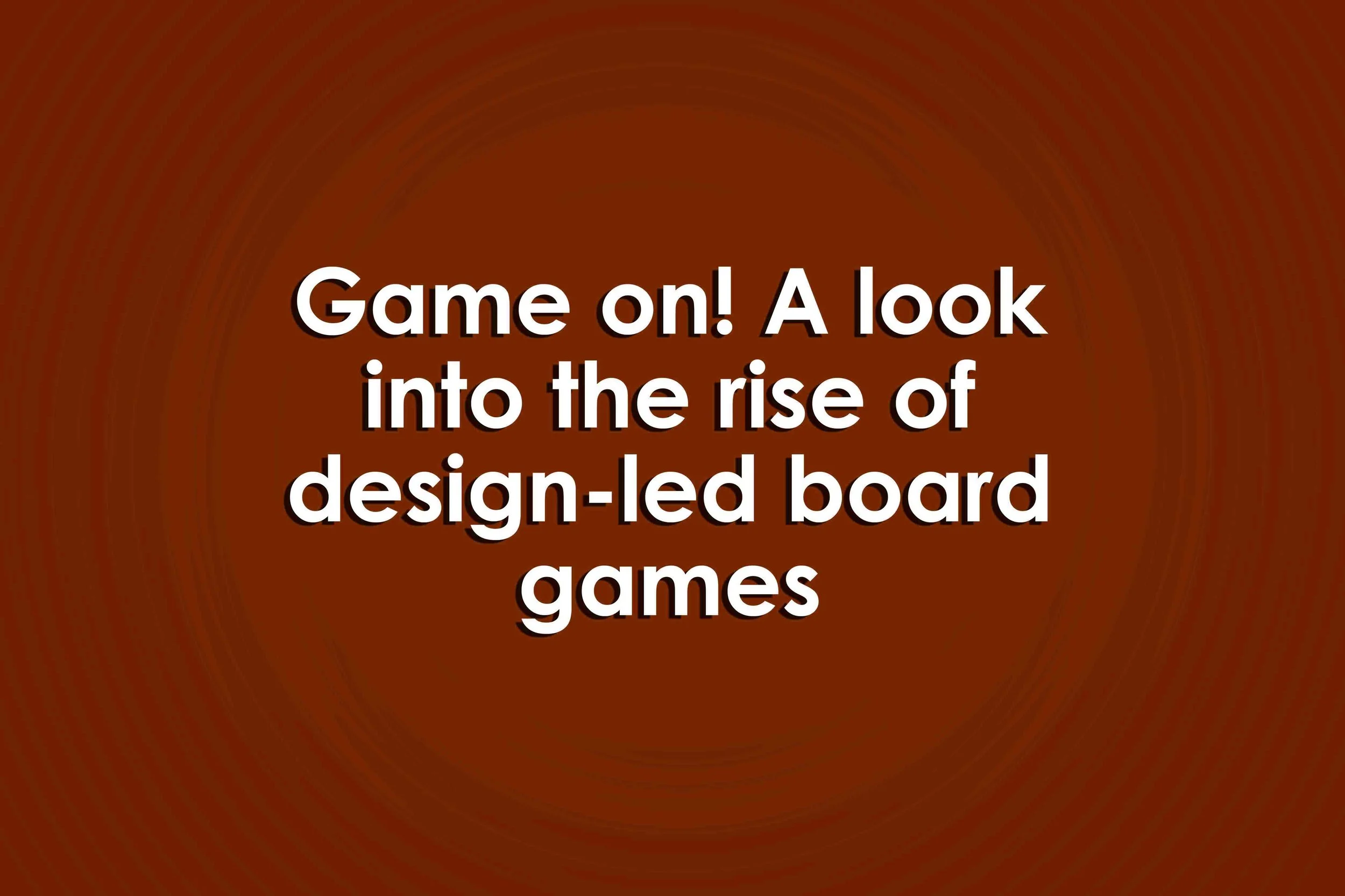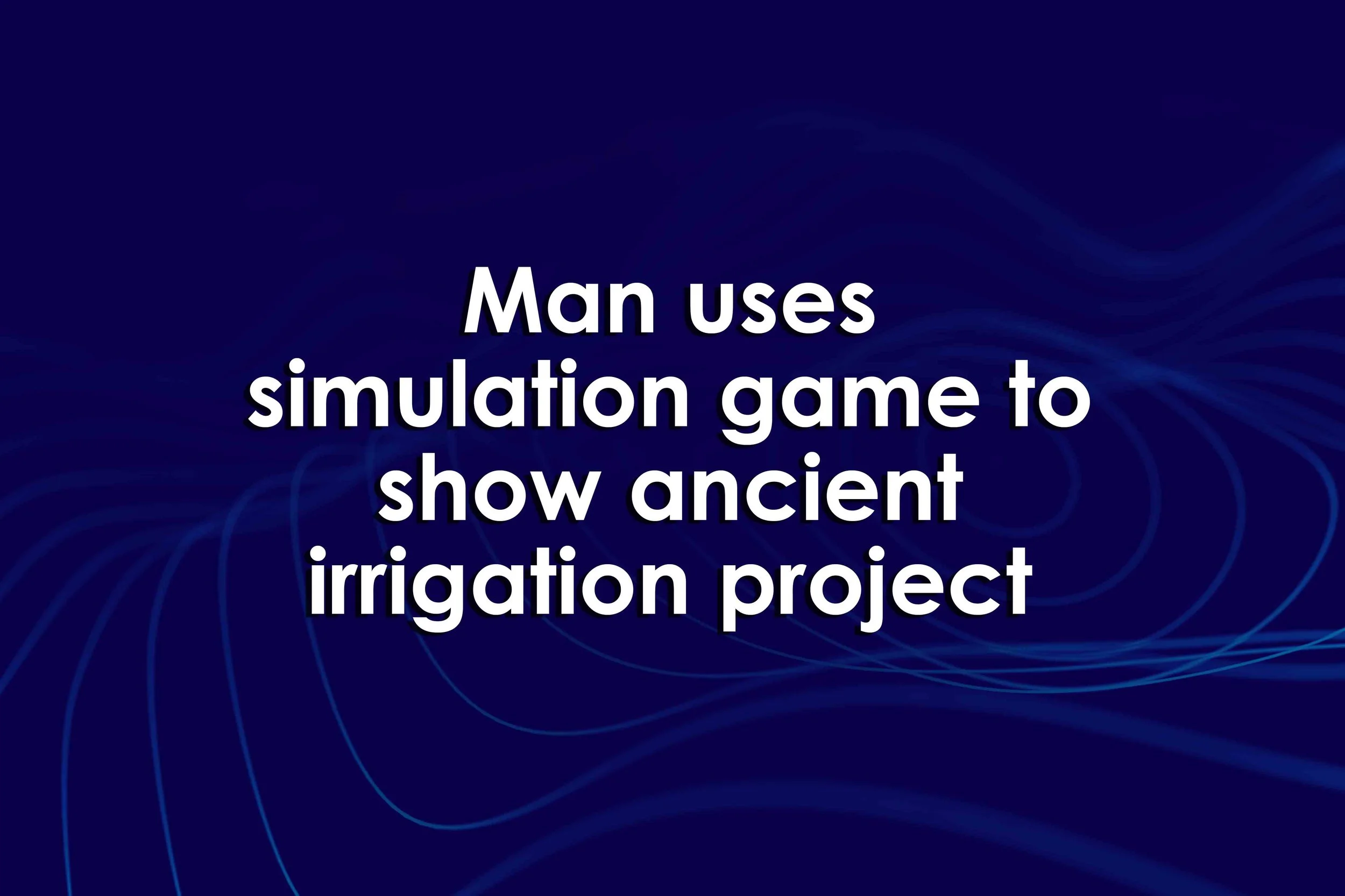Dr. Angela Chia-Chen Chen, a physician at MSU, developed an engaging mobile game called "HPV Detective" to educate patients about the HPV vaccine. Recognizing that many patients ignore traditional health brochures and flyers, Dr. Chen aimed to meet them where they are—on their devices.
Read MoreThis paper explores how Dungeons & Dragons (D&D) integrates the vampire tradition, particularly through the character of Strahd von Zarovich, while challenging its own mechanics. It examines how D&D’s alignment system, morality, and agency interact with and complicate the portrayal of vampires, specifically Strahd, in comparison to literary figures like Dracula.
Read MoreEvery November, the small town of Mirano, Italy, celebrates St. Martin’s Day with a quirky tradition called the Zogo dell’Oca, or "goose game." This event transforms the central square into a giant board game, where teams in striped jerseys compete in bizarre challenges, all dressed in 19th-century attire.
Read MoreIn The Rule Book: The Building Blocks of Games, Jaakko Stenros and Markus Montola explore the foundational aspects of games through a constructionist ludology lens. They introduce five categories of rules—formal, internal, social, external regulation, and material rules—to analyze game structures.
Read MoreSerious games are designed for purposes beyond entertainment, helping players learn important topics like climate change, health management, and safety practices. For example, a modified "Mario Bros" game teaches children about managing type-1 diabetes.
Read MoreChahd Ourhani, an eighth grader at Joseph H. Brensinger PS 17, found augmented reality (AR) lessons more engaging and effective for learning math concepts like slope compared to traditional methods. Her teacher, Jack Maher, incorporates AR, VR, and gamification into lessons, using free online resources from Verizon Innovative Learning HQ.
Read MoreEducational, serious, learning, and transformational games each serve unique purposes in game design. Educational games focus on imparting knowledge, typically used in formal settings to reinforce curriculum content. Serious games address real-world issues, often for training or policy simulation.
Read MoreIn the 1970s, a 4,500-year-old complete board game was discovered in a grave in Shahr-i Sokhta, Iran, making it the oldest of its kind. The game includes a board with 20 circular spaces, four dice, and 27 geometric pieces.
Read MoreSelf-help books often focus more on profit than practical advice, but gamification offers a proven alternative for achieving goals. By using variable reward systems, like those in casino gambling, people become highly motivated to repeat behaviors, fostering habit formation.
Read MoreGamification, the integration of game-like elements into education and training, has gained significant popularity for boosting engagement and motivation. By incorporating rewards, milestones, and challenges, gamified systems foster competition, achievement, and recognition, which in turn increases productivity and retention.
Read MoreAt 40, Tim Clare was diagnosed with autism, and he reflects on how his lifelong love of board games helped him navigate a world that often felt confusing. Games provided structure and a way to connect with others, filling social gaps and reducing anxiety.
Read More"Trailblazer Heroes," a cooperative card game developed by a team at Teachers College, Columbia University, celebrates Asian American and Pacific Islander (AAPI) heritage. Guided by Professor Joey Lee, the game aims to empower young people by sharing positive examples of AAPI contributions across various fields like science, art, and politics.
Read MoreDr. Sky LaRell Anderson, a faculty member at the University of St. Thomas, emphasized the importance of accessibility in video games during the Jon Henner Memorial Accessibility in Games Speaker Series. Using a Twitch livestream, Anderson highlighted how games should be designed to be inclusive of individuals with disabilities, advocating for features like subtitles, input remapping, and adjustable difficulty.
Read MoreSince its debut in 2011, Cards Against Humanity has sparked a trend in bold, typographic tabletop games, contributing to the growth of a $27 billion industry. While the success of such games has led to copycats, it also created new opportunities for game publishers to experiment.
Read MoreRebecca Preyra, overwhelmed by the feedback on her first study, was inspired to help others navigate the review process. After joining Teresa Chan's lab, they created Dear Reviewer 2, a card game designed to teach junior researchers how to respond to reviewer comments.
Read MoreBoard games are being explored as a tool to combat dementia, with a focus on accessibility and simplicity. In Japan, tabletop game creators are developing games that can be played by people of all ages and abilities.
Read MoreA viral video created by Liu Yong, a gaming enthusiast from Shandong, uses a simulation game to explain the workings of Dujiangyan, the world’s oldest irrigation system, built in 256 BC. Liu spent two days gathering information and designing the video, which demonstrates how Dujiangyan controls water distribution using its dam-free structure.
Read MoreDaniel Pearson explores the challenges within academic publishing, highlighting issues such as citation manipulation, coercive citations, and the citation black market. These practices undermine the true impact of research, as metrics based on publications overshadow meaningful outcomes.
Read MoreVideo games and playful approaches are increasingly being integrated into educational environments, offering unique benefits for student learning. Games foster creativity, goal-setting, communication, and collaboration while reducing the fear of failure.
Read MoreASL Aspire, a startup launched in 2022, aims to address the literacy challenges faced by the deaf and hard-of-hearing community, particularly in STEM education. The company, founded by Ayesha Kazi and Mona Jawad, focuses on developing STEM curricula with standardized American Sign Language (ASL) vocabulary for teachers to integrate into their lessons.
Read More




















